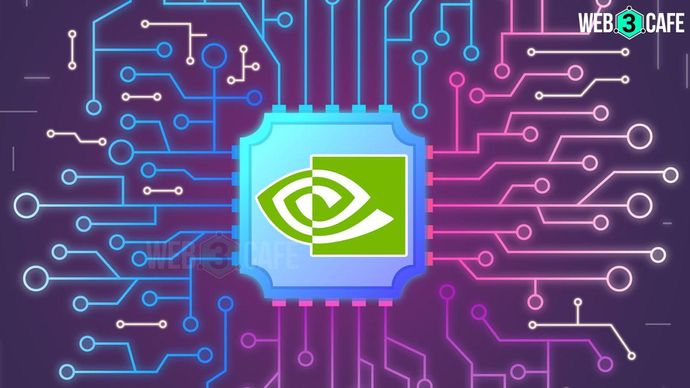Nvidia unveils H200: Next-gen GPU set to transform AI landscape
Nvidia debuts cutting-edge H200 Tensor Core GPU, designed for supercomputers fueling generative AI and high-performance computing tasks.

Highlights
- Nvidia's H200 chip aims to revolutionise generative AI model training
- The company plans to ship the GPU in the second quarter of 2024
In a significant leap forward for artificial intelligence (AI) technology, Nvidia has officially introduced its latest high-end graphics processing unit (GPU), the H200. This cutting-edge chip is specifically crafted for training and deploying AI models, marking a substantial upgrade from its predecessor, the H100, famously utilised by OpenAI to train the groundbreaking GPT-4 language model.
Enhanced performance & inference capabilities
One of the standout features of the H200 is its integration of 141GB of next-generation "HBM3" memory, a crucial element for efficient model inference. Nvidia asserts that this new GPU will deliver output nearly twice as fast as the H100, as demonstrated in a test utilising Meta's Llama 2 LLM. The H200 is poised to become a game-changer in the AI landscape, offering unparalleled performance for tasks such as generating text, images, and predictions.
Release date & cloud deployment
AI enthusiasts eager to get their hands on the H200 won't have to wait too long, as Nvidia plans to ship the GPU in the second quarter of 2024. Cloud service providers, including Amazon Web Services, Google Cloud, Microsoft Azure, and Oracle Cloud Infrastructure, are expected to be among the first to deploy instances based on the H200 starting next year. Notably, the H200 will be compatible with its predecessor, the H100, streamlining the transition for AI companies already using the older model.
Rapid advancements on the horizon
While the H200 promises groundbreaking capabilities, Nvidia hints that its reign as the fastest AI chip may be short-lived. The tech giant is shifting from a two-year architecture cadence to a one-year release pattern due to soaring demand. Nvidia has disclosed plans for the B100 chip, based on the upcoming Blackwell architecture, set to be announced and released in 2024. This move underscores the company's commitment to staying at the forefront of AI innovation.
